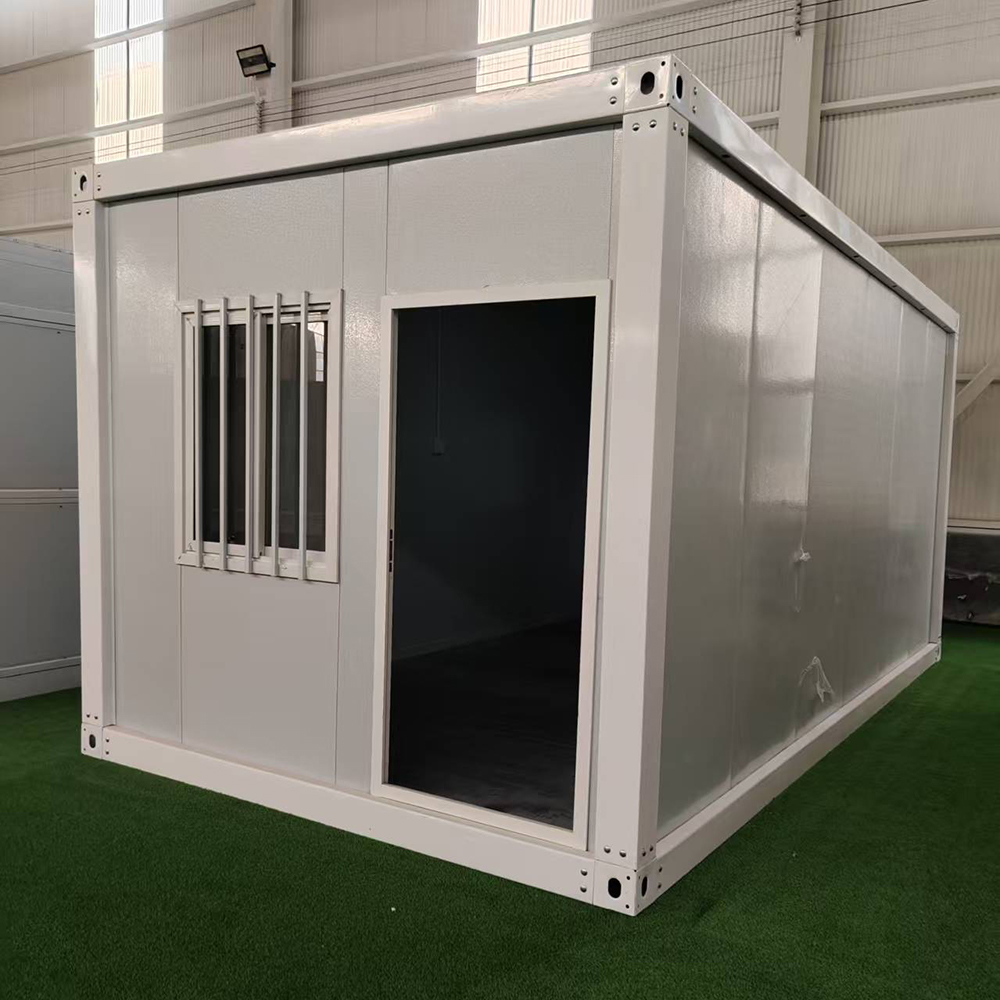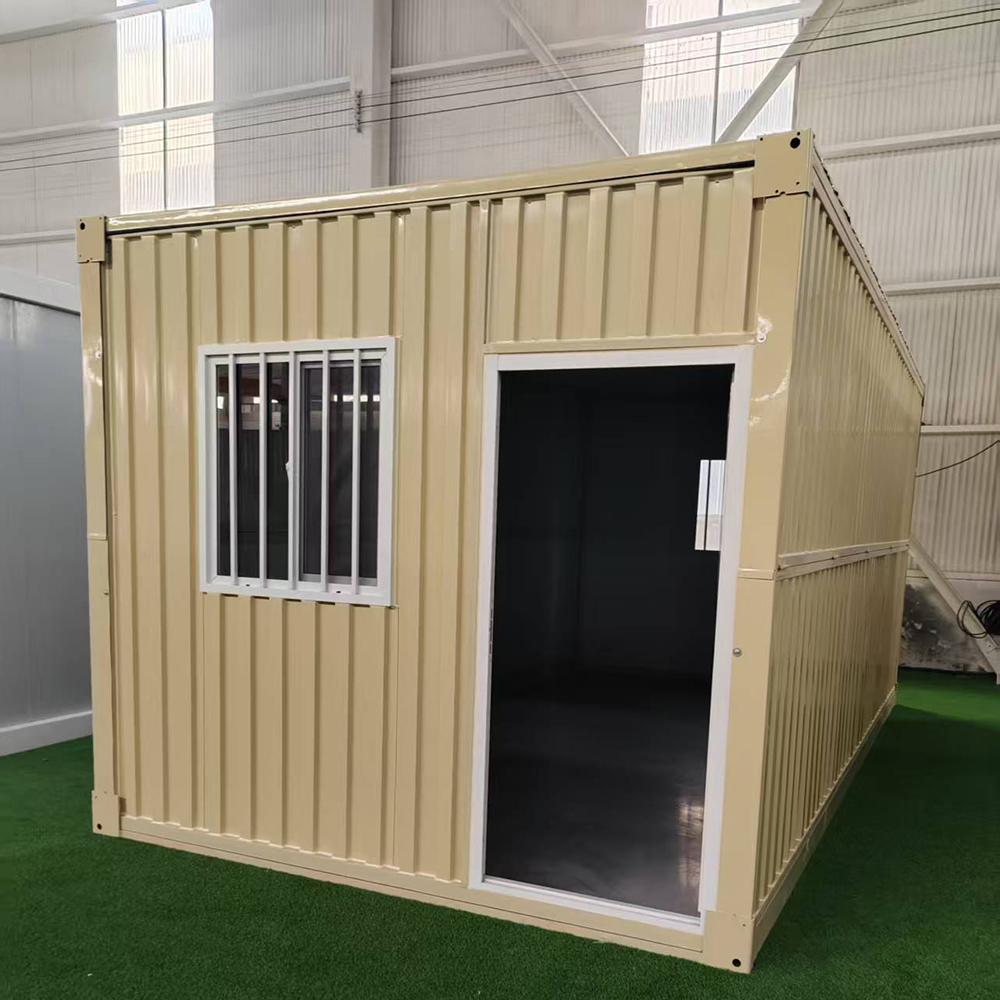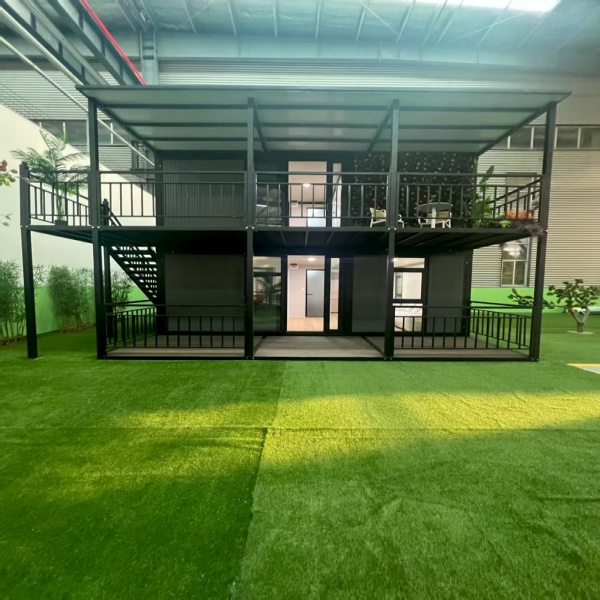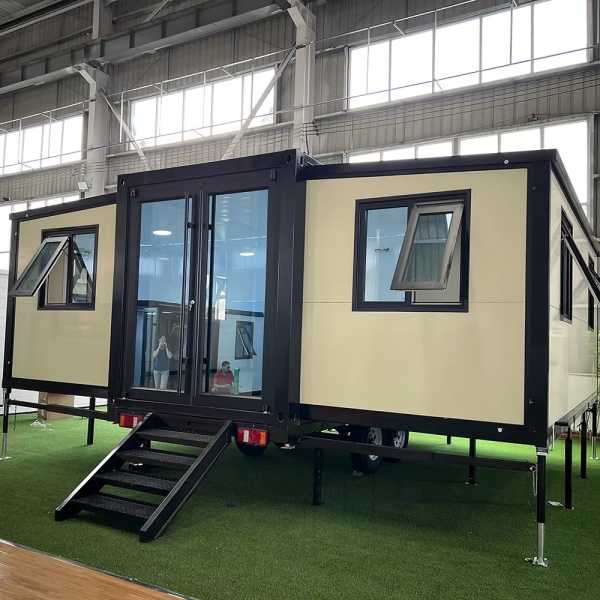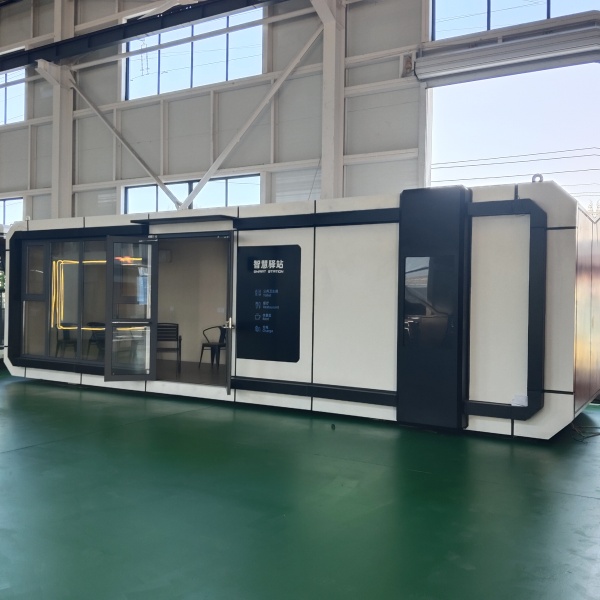-
E-mail
Austin120521@outlook.com -
E-mail
sales@jujiuhouse.com -
Telephone
+86-17864099991 -
Telephone
+86-17854044442
- Chinese
- French
- German
- Portuguese
- Spanish
- Russian
- Japanese
- Korean
- Arabic
- Irish
- Greek
- Turkish
- Italian
- Danish
- Romanian
- Indonesian
- Czech
- Afrikaans
- Swedish
- Polish
- Basque
- Catalan
- Esperanto
- Hindi
- Lao
- Albanian
- Amharic
- Armenian
- Azerbaijani
- Belarusian
- Bengali
- Bosnian
- Bulgarian
- Cebuano
- Chichewa
- Corsican
- Croatian
- Dutch
- Estonian
- Filipino
- Finnish
- Frisian
- Galician
- Georgian
- Gujarati
- Haitian
- Hausa
- Hawaiian
- Hebrew
- Hmong
- Hungarian
- Icelandic
- Igbo
- Javanese
- Kannada
- Kazakh
- Khmer
- Kurdish
- Kyrgyz
- Latin
- Latvian
- Lithuanian
- Luxembou..
- Macedonian
- Malagasy
- Malay
- Malayalam
- Maltese
- Maori
- Marathi
- Mongolian
- Burmese
- Nepali
- Norwegian
- Pashto
- Persian
- Punjabi
- Serbian
- Sesotho
- Sinhala
- Slovak
- Slovenian
- Somali
- Samoan
- Scots Gaelic
- Shona
- Sindhi
- Sundanese
- Swahili
- Tajik
- Tamil
- Telugu
- Thai
- Ukrainian
- Urdu
- Uzbek
- Vietnamese
- Welsh
- Xhosa
- Yiddish
- Yoruba
- Zulu
- Kinyarwanda
- Tatar
- Oriya
- Turkmen
- Uyghur

home space capsule
The Future of Home Space Capsules
As contemporary housing demands shift, the concept of a home space capsule has gained significant traction. It's not just about tiny living; it’s about remarkable advancements in modular housing design. From misconceptions about its practicality to innovative industry applications, there’s a realm of exploration to consider.
Redefining Traditional Living Spaces
One of the first things to address is the misconception that a home space capsule is simply a minimalist's dream devoid of comfort. The truth is more intriguing. Companies like Shandong Jujiu Integrated Housing Co., Ltd. are pushing boundaries in this sector. Their work revolves around creating adaptable spaces using cutting-edge technology and sustainable design principles.
Visiting a Shandong Jujiu model in person, I was struck by the seamless integration of functionality and aesthetics. These aren’t just small, boxy rooms; they’re thoughtfully crafted environments. The attention to details such as natural lighting and efficient storage sets them apart.
Shandong Jujiu’s innovations demonstrate how integrated housing can cater to both practical and aesthetic needs. Their products are designed to be not only space-efficient but also energy-efficient. This is critical in our current environmental climate.
Challenges in Modular Housing Design
No development is without its challenges. In the quest to popularize these modern living solutions, companies face logistical issues—chief among them being transportation and installation. Logistical efficiency is a crucial factor, as is maintaining the structural integrity during transit.
Shandong Jujiu, accessible through https://www.jujiuhouse.com, seems well-versed in addressing these challenges. Their approach includes prefabricated designs that allow for easy assembly and disassembly. Still, not all terrain or weather conditions are ideal, which means ongoing adjustments and improvements are essential.
The manufacturing process itself requires precision and adaptability. Different regions have unique needs and regulations, influencing how a home space capsule is designed, produced, and installed. Learning to navigate these local demands is part of the ongoing challenge.
Practical Applications of Home Space Capsules
From my perspective, the potential applications for home space capsules are vast. Beyond personal housing, they serve as viable solutions for crisis situations, offering temporary but sturdy shelters for displaced communities. Their affordability and rapid deployment are major advantages in urgent situations.
In more stable environments, these units can function as office spaces, providing flexible solutions for remote work setups. This modularity is particularly appealing in urban settings where space is at a premium, and adaptability is a must.
The integration of smart technology further extends their appeal. Imagine a home space capsule equipped with IoT systems for managing everything from climate control to security features. It’s an innovation that speaks to both contemporary lifestyle needs and future possibilities.
The Impact of Design and Innovation
As an industrial enterprise, Shandong Jujiu is an exemplar of how innovation drives the modular housing industry forward. They not only focus on the immediate function but also consider the broader impact on communities and the environment.
For newcomers to the realm of home space capsules, witnessing the tangible benefits of such housing—reduced construction time, lowered costs, and minimal environmental impact—can be eye-opening. The emphasis on sustainable materials and energy-saving technologies is a major step forward for the industry.
It's not just about creating a living space; it’s about building a sustainable future. Shandong Jujiu is well-positioned in this regard, contributing significantly to the field of integrated housing.
Looking to the Future
As we look ahead, the evolution of the home space capsule concept continues. The possibilities are endless, driven by technological advances and the increasing need for adaptable living solutions. Companies like Shandong Jujiu are at the forefront, redefining how we think about housing.
The real test will be in scaling these solutions to meet global demand. Continuing to innovate while maintaining quality and affordability will be crucial. But the path forward appears promising, with the potential to change not just personal living spaces but urban infrastructure as well.
Ultimately, as more people become aware of the benefits and potentials, the popularity of integrated housing and the home space capsule is set to rise. It’s an exciting time for those of us involved in this sector—and for the future of housing worldwide.
Related products
Related products
Best selling products
Best selling products-
 Easy Install Customized Detachable Container Homes Extendable House Prefab 2 Floors Expandable Container House
Easy Install Customized Detachable Container Homes Extendable House Prefab 2 Floors Expandable Container House -
 Luxury Foldable Two Story Container House for Glamping Resort and Villa Hotel
Luxury Foldable Two Story Container House for Glamping Resort and Villa Hotel -
 Customized Two Wing Folding Expandable Container House
Customized Two Wing Folding Expandable Container House -
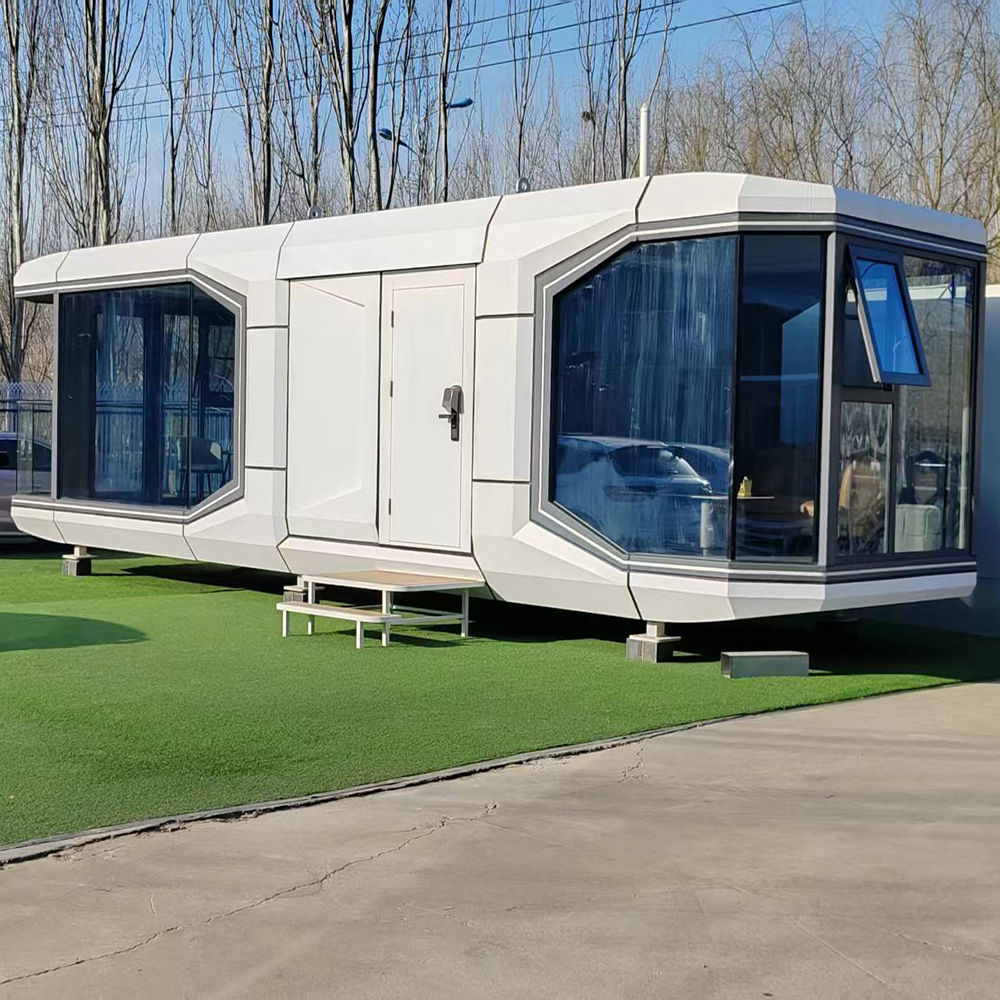 Luxury High Quality 2 Bedroom Container Home Prefabricated Steel Space Capsule for Office Shop Hotel or Outdoor House
Luxury High Quality 2 Bedroom Container Home Prefabricated Steel Space Capsule for Office Shop Hotel or Outdoor House -
 Reasonable Price 1 Bedroom Modular Container House Folding Container Home for Villa or Apartment Use
Reasonable Price 1 Bedroom Modular Container House Folding Container Home for Villa or Apartment Use -
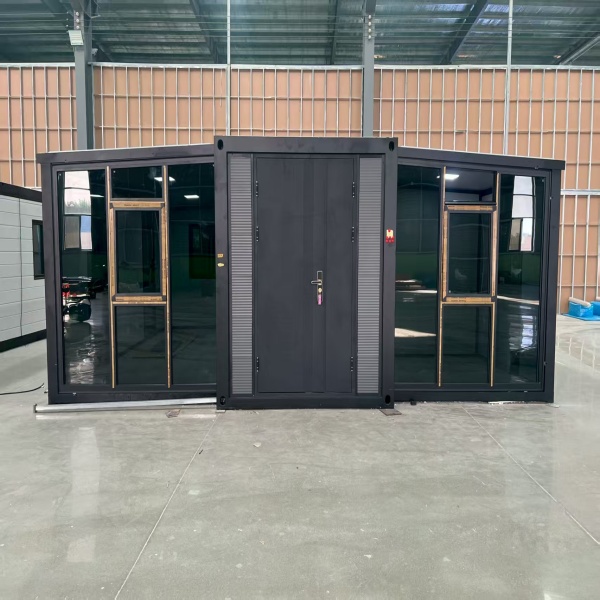 Customizable Office Mobile Home with Flat Roof and Double Wing Expansion Box, Convenient Container
Customizable Office Mobile Home with Flat Roof and Double Wing Expansion Box, Convenient Container -
 Good Quality Modular Homes Prefabricated House Expandable Container House 20FT Mobile Flat Roof House
Good Quality Modular Homes Prefabricated House Expandable Container House 20FT Mobile Flat Roof House -
Two Wing Folding Expandable Container House
-
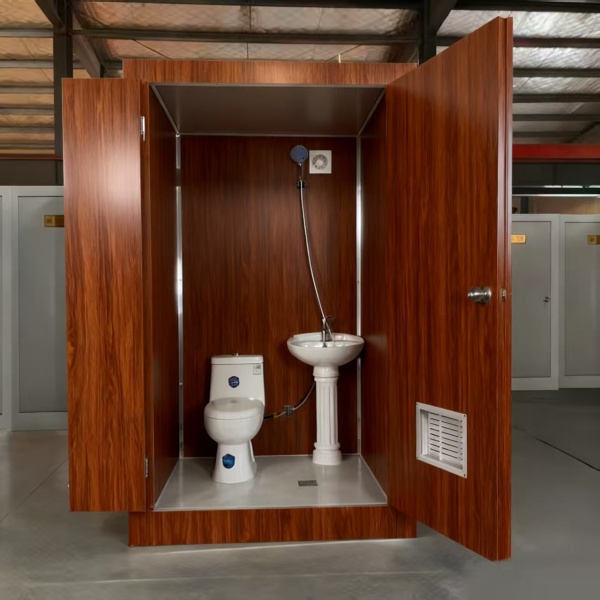 Portable outdoor camping bathroom, mobile toilet, prefabricated modular villa & rental of outdoor and indoor showers
Portable outdoor camping bathroom, mobile toilet, prefabricated modular villa & rental of outdoor and indoor showers -
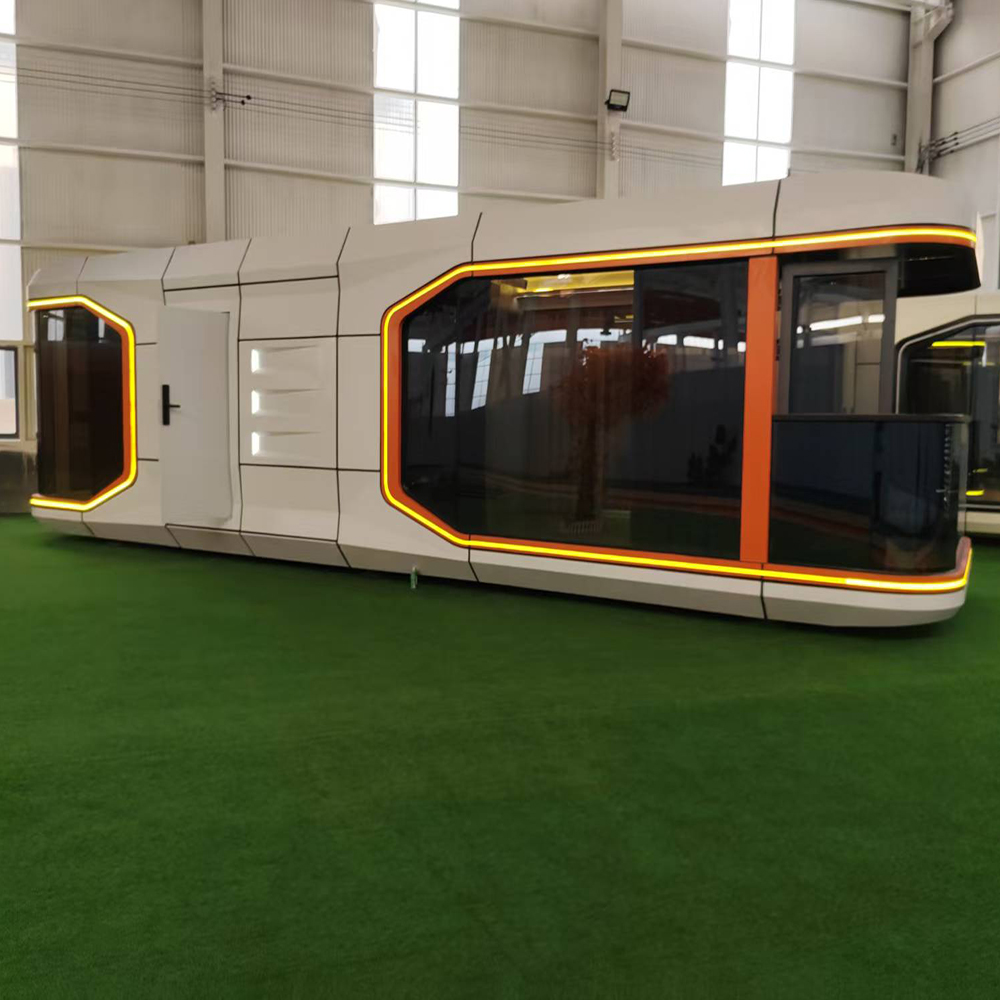 Standard Modern Camping Pod Space Prefabricated Portable Mobile Capsule Room Hotel Bathroom Prefabricated Spaceship House
Standard Modern Camping Pod Space Prefabricated Portable Mobile Capsule Room Hotel Bathroom Prefabricated Spaceship House -
 Waterproof folding container house – mobile accommodation for campsites/scenic spots
Waterproof folding container house – mobile accommodation for campsites/scenic spots -
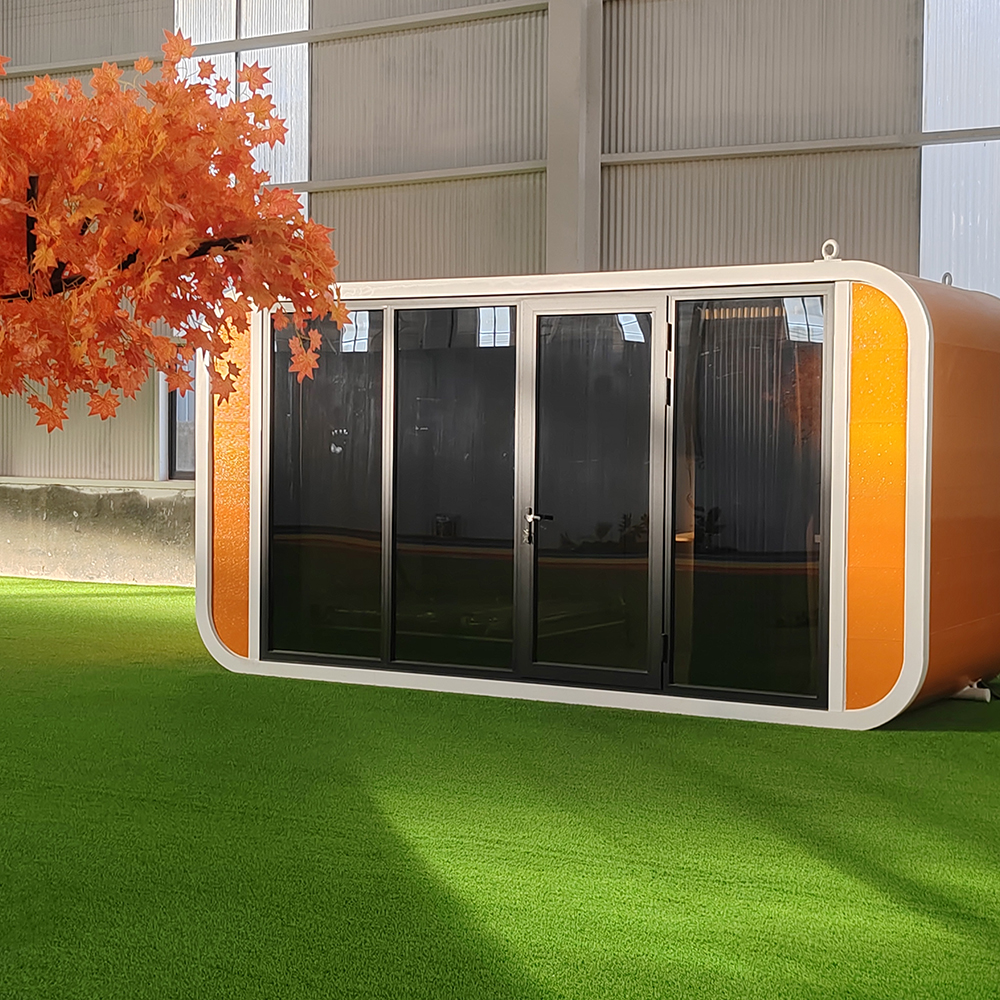 Luxury Prefabricated Living Container House Modular Glass Tiny House Prefab Container Home Apple Cabin
Luxury Prefabricated Living Container House Modular Glass Tiny House Prefab Container Home Apple Cabin
Related search
Related search- container house expandable
- good price folding shipping container house
- China folding container house
- foldable tiny home house expandable container casa
- Buy bedroom space capsule
- prefab folding container house
- Buy luxury space capsule
- wholesale expandable container house 40ft luxury
- container home fold out
- Buy space capsule villas









